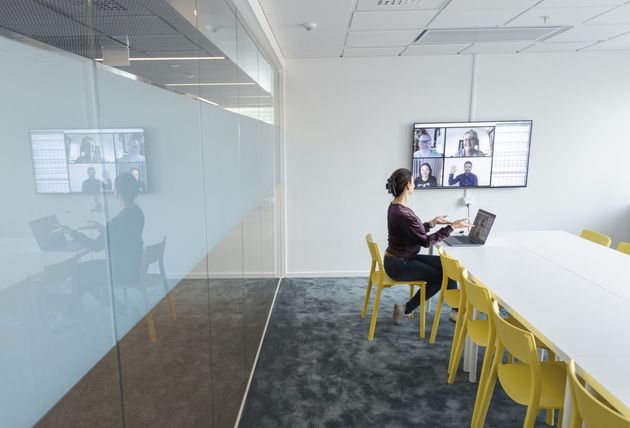33% of French IT employees concerned by the silent resignation


The Great Resignation, this phenomenon born in the United States, obviously crossed the Atlantic to land on the Old Continent. According to a study carried out by Ivanti, quiet quitting or silent resignation has not spared the main European economies, including France.
In 2022, this phenomenon affected 24% of IT professionals in the US. In Germany, it would be 60% of this population and 35% in the United Kingdom. France is also above the world average (31%) with a share of 33%. Japanese IT is very far away at just 10%.
Millennials and Gen Z more vulnerable
The quiet leaving would not uniformly affect all the employees of the companies. The talents of the tech would thus be particularly exposed there. But in addition, among Millennials and digital Gen Zs, the rate is 10 points higher than that of their more experienced counterparts.
But what is driving these young IT people to resign? And in short, how can their employers retain them better? Not sure if it’s by installing table football in the cafeteria or by equipping them with the latest iPhones.
Among the reasons given, employees say they are initially frustrated by silos and politics in their workplace. In order of importance, they then declare that they do not feel motivated at work, that they are exhausted because of an increasing workload, that they are in mental suffering and finally that they are not ‘engaged’ by their employer.
“Organizations cannot advance the next wave of disruption and innovation in the workplace if their tech talents are not fully engaged – whether due to burnout or because they have a foot in the door,” warn the authors of the study.
Hybrid work has increased the pressure on IT
Problem: Hybrid work does not always mean improving working conditions and employee involvement. On the contrary, even. 73% of IT and security professionals report an increased workload due to the adoption of hybrid/virtual work.
This hybridization means additional burdens, in particular in order to ensure the management of requests for assistance from employees teleworking, but also because of an increased use of shadow IT.
“Most companies have adopted one version or another of hybrid or remote work in recent years. What we are seeing today is a backlash on IT services,” comments Ivanti’s CIO, Bob Grazioli.
This results in new problems that must be addressed, in particular technologically: “Additional security risks due to the proliferation of devices and remote work, significantly higher workload and – which is not surprising in these conditions – greater stress for computer scientists. »








